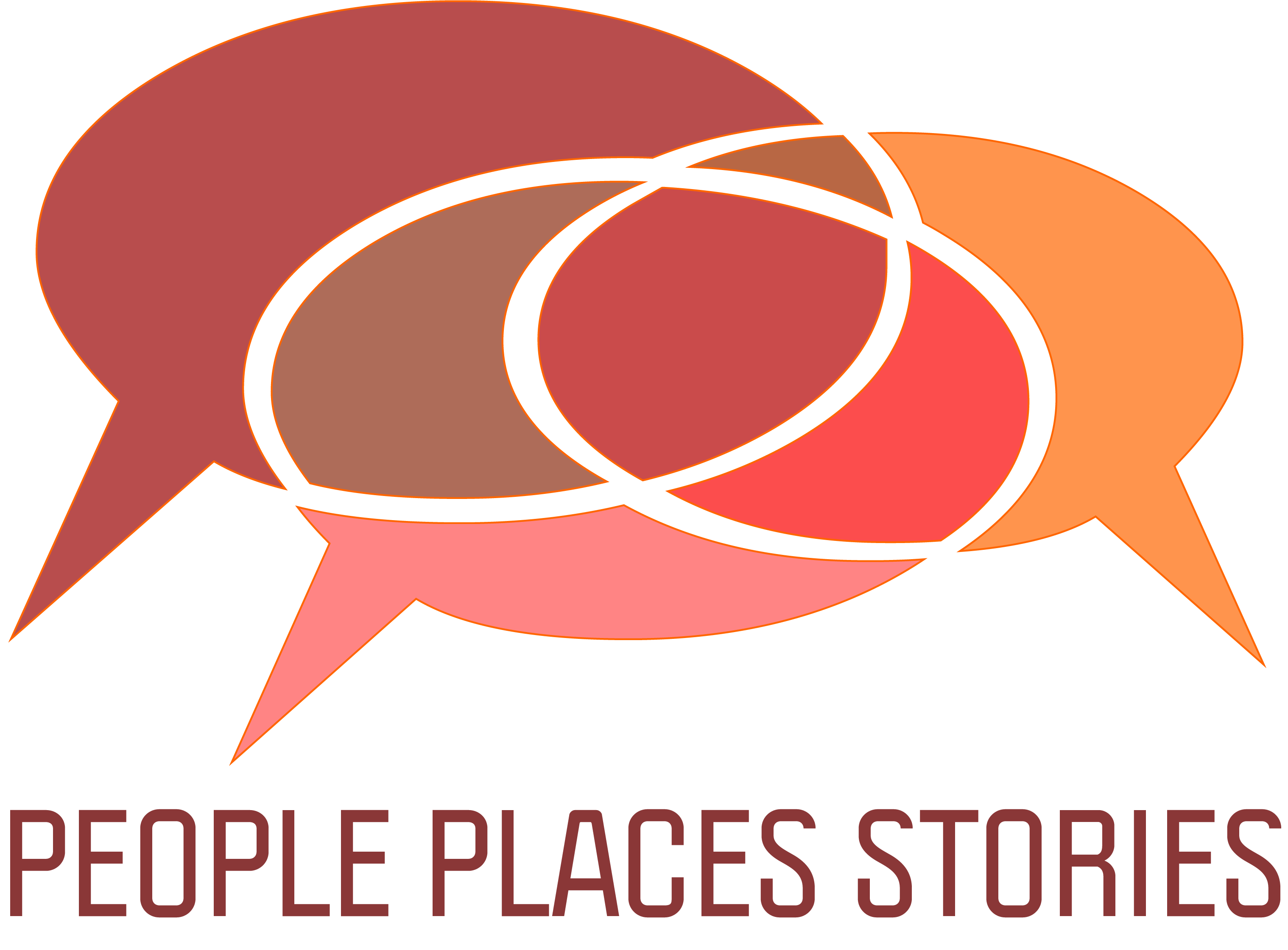People Places and Stories is now in action!
Engaging with our cultural heritage can unite and bring people together across countries and societies. This works best when the focus is not on the divisive aspects, but on the similarities or even commonalities.
Therefore, in 2018, the “European Year of Cultural Heritage” established societal, cross-sectoral cooperation across Europe to increase awareness of the crucial role of culture and heritage for social inclusion and European cohesion. Cultural heritage is very broadly defined and includes cultural, natural, tangible and intangible heritage. The main objectives are set out in the so-called Action Plan of the FARO Convention:
– the strengthening of the sense of belonging to a common European social and cultural space
– the integration of cultural heritage into social, ecological and economic processes
– the development of cultural heritage as a rich and meaningful interdisciplinary learning environment.
These goals can best be implemented and achieved by local groups and initiatives directly in their environment; the heritage communities. Heritage communities are self-organised, self-managed groups of individuals interested in progressive social transformation of relationships between people, places and histories. They are the ideal context for developing key competencies such as cultural awareness, citizenship skills and the ability to learn.
This is also where the new Erasmus+ funded project “People, Places, Stories” comes in. It develops tools and methods to support capacity building in heritage communities as socio-cultural spaces for creativity, learning, participation and inclusion. The project relies on competence-based training, blended learning and validation of non-formal learning.
People, Places, Stories is targeted at heritage professionals, community mediators, participatory planning facilitators, adult educators, policy makers, citizens and groups. They will be provided with methods to build and expand communities on the ground that are committed to a unifying interpretation and treatment of cultural heritage – in line with the FARO Action Plan.
Published also on EPALE (Electronic Platform for Adult Learning in Europe). LINK HERE
